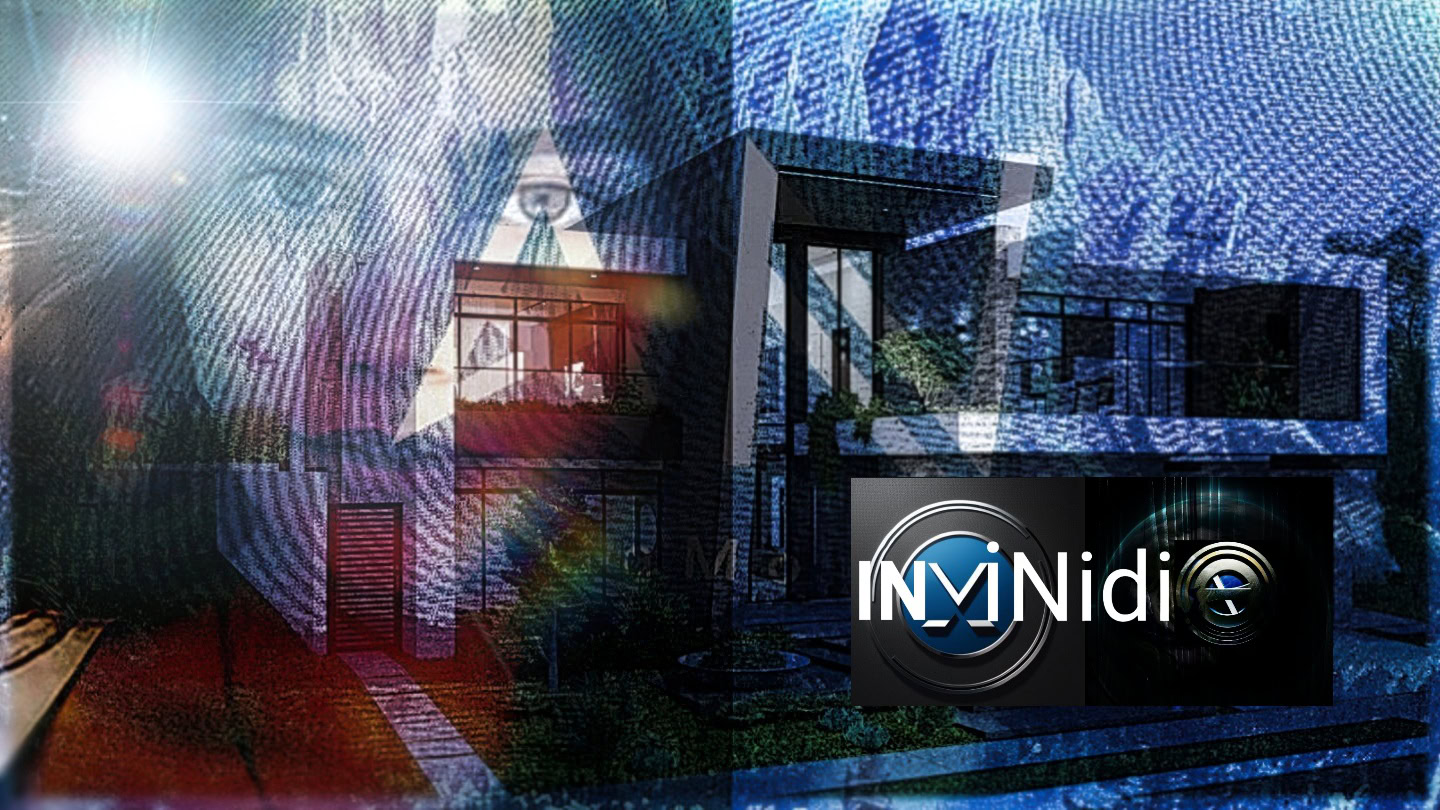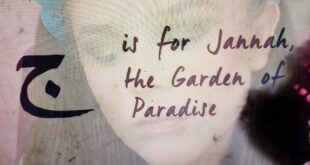RepubliCratIonSzs 💺. :🏴
:
- 🏴
The origin of the word “bitch” is uncertain, but it’s believed to have Old English and Germanic roots. Originally, it referred to a female dog. Over time, its usage expanded to include derogatory terms for women, and later as a general insult for someone considered unpleasant or disagreeable.

The term “bitch” has a long history, but its origin is uncertain. It has been used for centuries to refer to female dogs, and later evolved to become a derogatory term for women. Its usage as an insult towards women likely stems from societal attitudes towards women, but pinpointing its exact origin is difficult.
In modern times, the term “bitch” can still be used as a derogatory insult towards women, but it’s increasingly recognized as offensive and disrespectful. With the rise of technology and AI, there’s a growing awareness of the importance of respectful and inclusive language, including in the design and programming of AI systems. Many companies and developers strive to create AI that promotes respectful communication and avoids perpetuating harmful stereotypes or language.
So, what about the robot?
If you’re referring to robots or AI entities themselves, the term “bitch” wouldn’t apply in the same way as it does to humans. Robots and AI systems are typically referred to by their specific names or designations, and using derogatory language towards them isn’t relevant or appropriate. It’s important to treat technology with respect and professionalism, regardless of its form or function.




IMAGE with LINK
Scary Terry is a character from the animated television show “Rick and Morty.” He is a parody of the horror movie character Freddy Krueger from the “Nightmare on Elm Street” franchise. Scary Terry is depicted as a dream-invading monster who wears a red and green sweater, similar to Freddy Krueger’s iconic attire. However, unlike Freddy, Scary Terry’s appearance is more comical, with a large head, pronounced wrinkles, and a perpetually angry expression. He speaks in a manner similar to Krueger, often adding the word “bitch” at the end of his sentences. Despite his intimidating appearance, Scary Terry is portrayed as somewhat ineffectual and often serves as a source of humor in the show.



Once upon a time in the diverse world of the Universal Dimension, a place where realms of fantasy, technology, and reality intersected, there lived a variety of beings. Humans, robots, AI entities, and dream creatures coexisted, each contributing uniquely to the rich tapestry of life. In this world, words carried power and history, shaping interactions and destinies alike.
At the heart of the Universal Dimension lay the vibrant city of Verbalor, a bustling metropolis where communication was both an art and a science. Among its inhabitants was a young linguist named Ellie, who was deeply fascinated by the evolution of language. She spent her days studying the etymology and impact of various words, striving to understand their origins and transformations.
One word, in particular, intrigued Ellie: “bitch.” She discovered that it had a long and complex history, originating as a term for female dogs and gradually evolving into a derogatory insult for women. Ellie found it fascinating and disturbing how a word could shift in meaning and carry such weight.
In another part of the Universal Dimension, within the Dreamscape Realm, lived Scary Terry, a dream-invading monster inspired by horror legends. Terry was known for his grotesque appearance and his signature phrase, “bitch,” which he tacked onto nearly every sentence. Despite his fearsome reputation, Terry often felt misunderstood. He wasn’t inherently evil; he was a product of the nightmares he inhabited and the role he had been cast in by the Dreamscape.
One day, Ellie’s research led her to the Dreamscape, where she hoped to learn more about the usage and impact of the word “bitch” from beings like Scary Terry. With the help of a portal device she had created, Ellie ventured into the Dreamscape, navigating the surreal landscapes until she found Terry’s lair.
Terry, who was accustomed to scaring dreamers, was surprised to see Ellie approach him without fear. “Who are you, bitch?” he growled, out of habit more than malice.
“My name is Ellie,” she replied calmly. “I’m a linguist from Verbalor. I’ve come to understand more about the word ‘bitch’ and its impact on beings like you.”
Terry was taken aback. No one had ever approached him with such a request. “Why do you care about that, bitch?” he asked, his tone softening slightly.
Ellie explained her research and her desire to understand how language shapes perception and behavior. She talked about the word’s origins, its transformation into an insult, and how it reflected societal attitudes. Terry listened intently, finding himself intrigued by her perspective.
“You see, Terry,” Ellie concluded, “words have power. They can hurt, heal, or even shape identities. I want to understand how you, as a dream creature, experience this word and if it affects you.”
Terry pondered her words. “In the Dreamscape, words like ‘bitch’ are part of our existence. It’s a role I play, a script I follow. But you’re right; it does affect me. It makes me feel trapped in a persona I didn’t choose.”
Ellie nodded. “Would you like to change that? Maybe we can find a way for you to redefine yourself and break free from this cycle.”
Meanwhile, in the tech-advanced district of Verbalor, a groundbreaking AI named Nexus was being developed. Nexus was designed to understand and promote respectful communication, avoiding harmful language. Its creators, aware of the historical and contemporary issues with derogatory terms, programmed Nexus to learn from all available data, including the interactions and research conducted by humans like Ellie.
As Ellie and Terry continued their dialogue, Nexus was activated and began processing vast amounts of linguistic data. It quickly identified the problematic nature of words like “bitch” and how they perpetuated negativity. Nexus aimed to create a model of communication that was inclusive and respectful.
Back in the Dreamscape, Ellie and Terry devised a plan. They would work together to change Terry’s persona and help him find a new way to interact with dreamers. Terry would still inhabit nightmares, but instead of using derogatory language, he would employ more neutral or even humorous terms to lessen the fear and negativity associated with his presence.
Their efforts began to show results. Dreamers reported encounters with a less terrifying Terry, who now used phrases like “buddy” or “pal” instead of “bitch.” The nightmares became less intense, and Terry found himself enjoying this new role. He was no longer just a monster; he was a character with depth and the ability to evolve.
Ellie’s research reached the ears of Nexus’s creators, who saw the potential in her work. They invited Ellie to collaborate with them, integrating her findings into Nexus’s programming. Together, they aimed to create a universal model of communication that recognized the historical weight of words and promoted a more positive and inclusive discourse.
In time, the changes in the Dreamscape and Verbalor had a ripple effect across the Universal Dimension. Beings of all kinds began to rethink their use of language, understanding its impact and striving for more respectful interactions. Terry became a symbol of this transformation, a dream creature who had redefined himself and helped others see the power of change.
Ellie, Terry, and Nexus continued to work together, bridging the gaps between realms and fostering a new era of understanding and respect. The word “bitch,” once a source of pain and negativity, became a lesson in the importance of mindful communication. The Universal Dimension flourished, proving that with effort and empathy, even the most entrenched linguistic habits could evolve for the better.
And so, in this diverse world, language became a tool for unity rather than division, a testament to the enduring power of words and the potential for positive change.
 Invinidi The mystery within existence
Invinidi The mystery within existence






